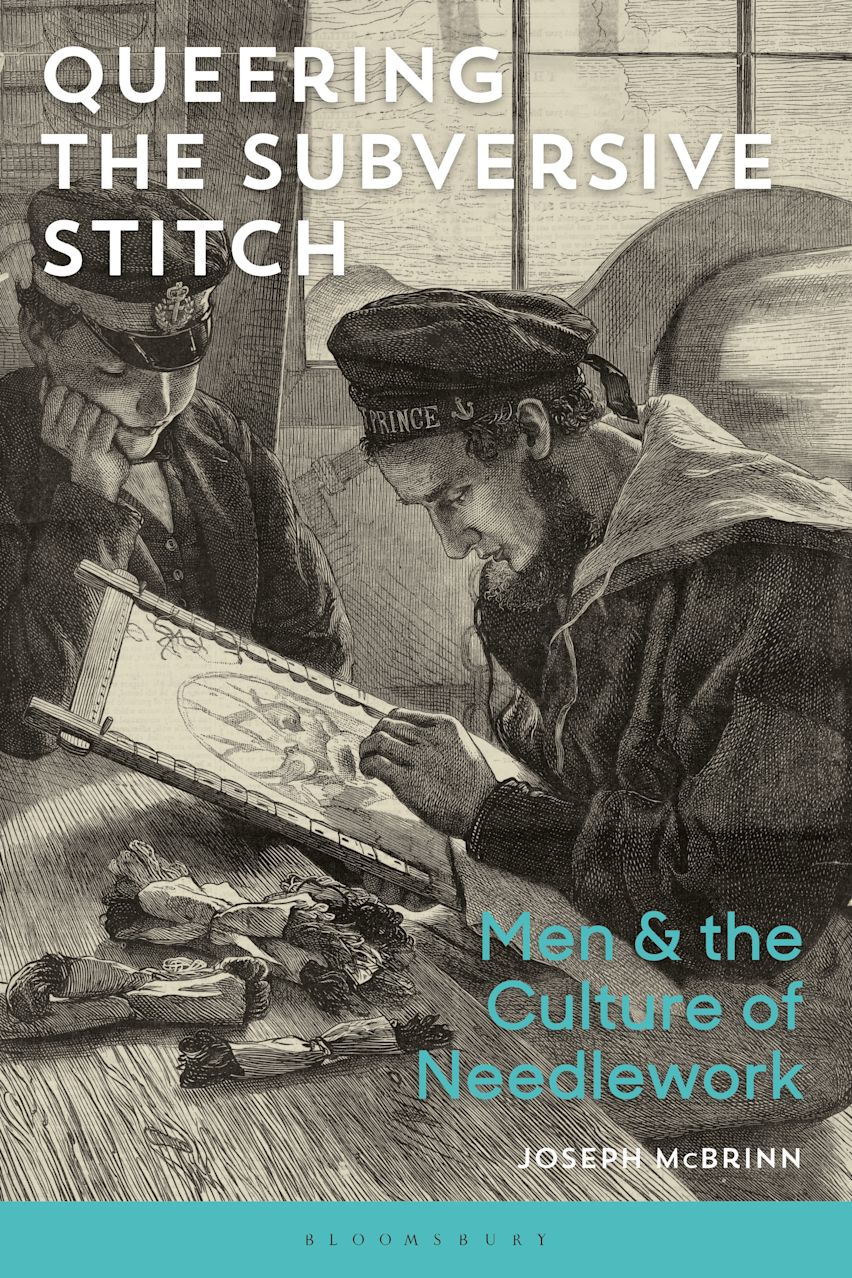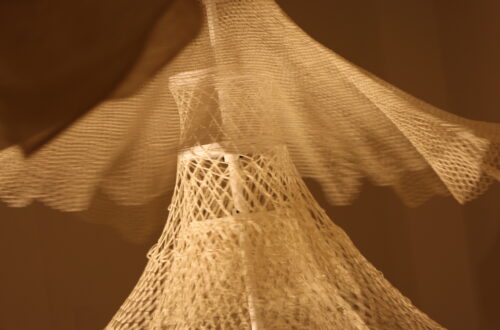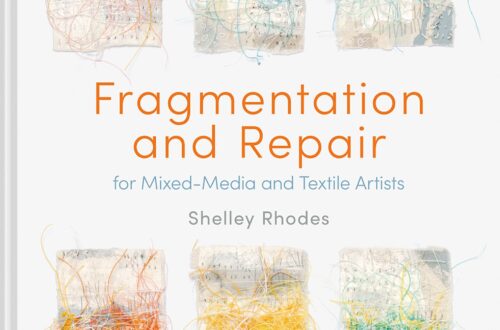
INVISIBLE STITCHERS: MASCULINITY, NEEDLE AND THREAD IN JOSEPH MCBRINN’S BOOK
For centuries, the needle and thread have been tacitly assigned to female hands. But history is, as often happens, more complex and layered than conventions would have us believe. Joseph McBrinn demonstrates this with acumen and rigour in his book Queering the Subversive Stitch: Men and the Culture of Needlework, the first systematic study devoted to the male presence in the world of embroidery and textile arts.
Published by Bloomsbury Visual Arts in the spring of 2021, the volume opens an unexpected breach in the history of making, uncovering a hidden (and often erased) tradition of men who, from the Middle Ages onwards, have sewn, embroidered, made lace, knitted, tailored garments, and manipulated textiles with skill and passion. Long before embroidery became aligned with feminine ideology in the eighteenth and nineteenth centuries, there existed a technical and sensitive knowledge that also belonged to men — tailors, soldiers, sailors, prisoners, enthusiasts, artists.
With a gaze that is at once historical, critical, and cultural, McBrinn reconstructs this submerged genealogy, tracing a path that goes far beyond craftsmanship: embroidery becomes a symbolic terrain in which identities, gender roles, and affiliations are redefined. In particular, the author focuses on the queer potential of these practices: the act of stitching, in male hands, has often taken on a subversive value, capable of undermining the normative codes of modern masculinity.
The book is enriched by a wide range of sources — artworks, archives, photographs, films, novels, specialist journals, and children’s literature — which together restore a surprising and multifaceted panorama. From the meticulous drawings of nineteenth-century prisoners to the embroidery of contemporary artists, McBrinn tells stories in which thread unites bodies, biographies, desires, and silences. The result is an engaging, at times ironic, yet always rigorous text that invites us to reconsider the relationship between masculinity and manual practices through a critical and inclusive lens.
McBrinn, Lecturer in the History of Design and Applied Arts at the Belfast School of Art, member of the editorial board of the Journal of Modern Craft and of the editorial advisory board of the Irish Arts Review, confirms with this work his role as one of the most compelling voices in the field of gender studies applied to visual arts and material making. Queering the Subversive Stitch is not only a valuable read for art historians, curators, and scholars of material culture: it is also an invitation to mend the holes in history with new threads — more complex, more inclusive, and freer.
Author: Joseph McBrinn
Title: Queering the Subversive Stitch: Men and the Culture of Needlework
Publisher: Bloomsbury Visual Arts; illustrated edition, 2021
Language: English
Format: Paperback, 272 pages





